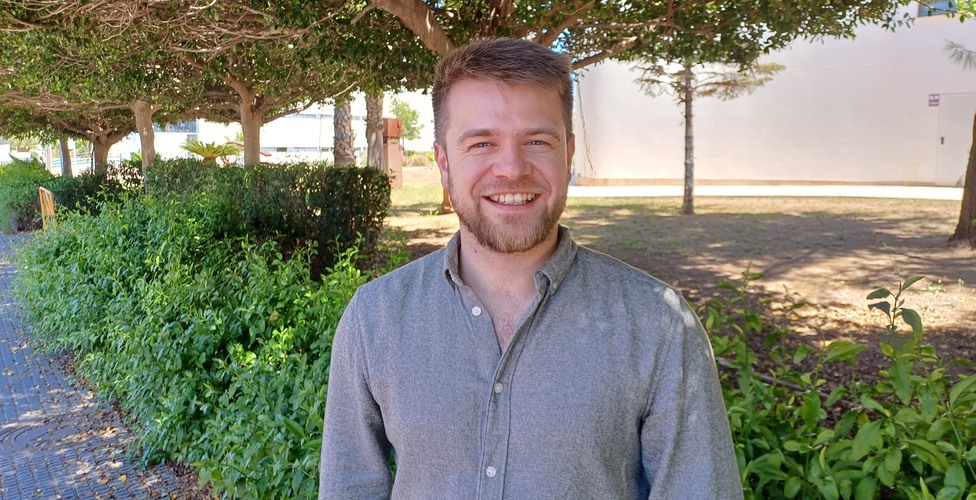Sören Stahlschmidt
School of Bioscience
Sören Stahlschmidt defends his PhD thesis "Machine Learning for Predicting Cancer Endpoints from Bulk Omics Data".

The PhD thesis defence will be held in Room G110 at the University of Skövde and will also be streamed online. Join the livestream here.
Cancer remains one of the leading causes of death and is a major burden on patients and healthcare systems. One difficulty for finding effective treatment and matching patients to the right treatment strategy is the complexity of tumor biology. Machine learning holds the potential to learn patterns from data generated by high-throughput technologies, such as RNA-sequencing, that can elucidate the mechanisms underlying cancers and make clinically relevant predictions. In this thesis, we investigate the modeling of cancer with machine learning approaches from different molecular perspectives. First, we review the literature on the fusion of biomedical modalities with multimodal deep neural networks. In this review, we provide a descriptive overview, propose a novel taxonomy, and identify relevant research gaps. Moreover, for models to be applicable to clinical practice, they must be robust to shifts in the distribution patients are sampled from. Such shifts can stem from differences in the underlying biology or technical variation introduced during the processing of the biological material. Therefore, in two studies, we investigate domain generalization of machine learning models trained with bulk RNA-sequencing data to predict cancer survival endpoints. First, we show that deep learning-based domain generalization methods developed on non-molecular data improve robustness to distributional shifts on molecular data. We test these methods by predicting overall and recurrence free survival of breast cancer patients with subgroup shifts between source and target domains. Next, we show that relative representations of normalized count values, such as binning or ranking of expression values within a single sample, can increase domain generalization. We test these approaches in three experiments on breast, brain, and ovarian cancer. In a final study, we show that cancer stage can be predicted from circulating microRNA data with machine learning models, providing a proof of concept for this application. Overall, the work in this thesis supports making machine learning models more applicable to clinical practice by providing empirical evidence of methods improving the modeling of cancer biology. Continuing to study domain generalization of models in clinical practice and to develop methods for robustness are highlighted as future work.
School of Bioscience